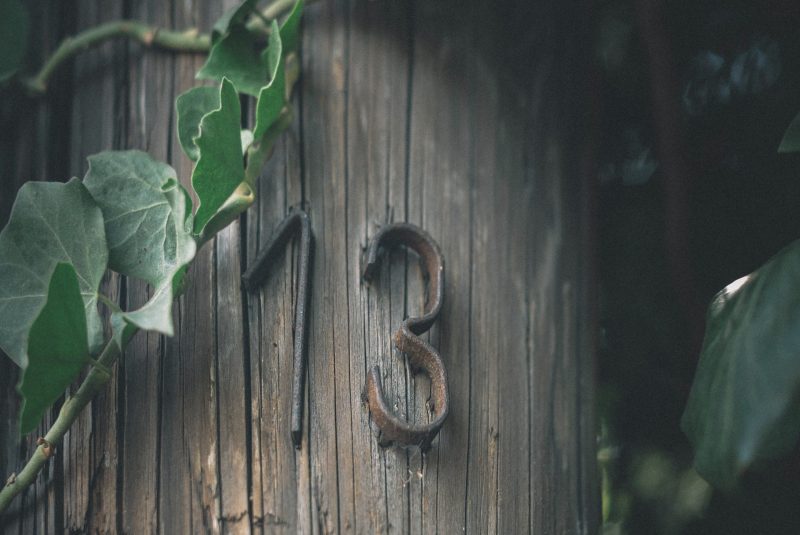For many Friday 13th is the unluckiest day, but not so in Spain (and Greece). Here it is Tuesday 13th, so why is that? InSpain.news dips into the superstition tombola and pulls out an answer.
The Spanish days of the week are aligned with planets and ancient mythology. Martes (Tuesday) comes from Mars – the Roman god of war. This creates an association of Tuesday with war, death, destruction and violence – not particularly positive or lucky.
Any other reasons why Tuesday?
Yes, there are a couple of reasons why bad luck could be attributed to Tuesday. On Tuesday the 29th of May 1453, Constantinople – then capital of the Byzantine Empire – fell to the Ottoman Army. This was a huge loss for Christianity and Tuesday evolved as unlucky.
Another legendary reason is that the fragmentation of languages, also known as “The Confusion of Tongues”, took place on Tuesday 13th. The Tower of Babel, the cause of this ‘catastrophe’, is referenced in many religions and cultures.
The number 13
The number 13 has negative connotations across many different religions and cultures. In Christianity, for example, it is linked to the number at the table for the Last Supper of Jesus. The 13th guest was Judas who betrayed Jesus to the Romans. The Bible’s Book of Revelations relates its 13th chapter to the antichrist, another downer for the number 13.
In Scandinavian mythology, another dinner, this time in Valhalla, had 13 guests. The 13th guest was Loki, God of Evil – not a good omen. Kabbalah, a school of thought in Jewish mysticism, recognises 13 malevolent spirits.
Stay indoors on a Tuesday
The Spanish attribute a certain amount of bad luck to Tuesdays, regardless of the date. The saying “en martes, ni te cases, ni embarques ni de tu casa te apartes”, means don’t get married, get on a boat, or leave your house on a Tuesday”. Must be double for Tuesday 13th.


